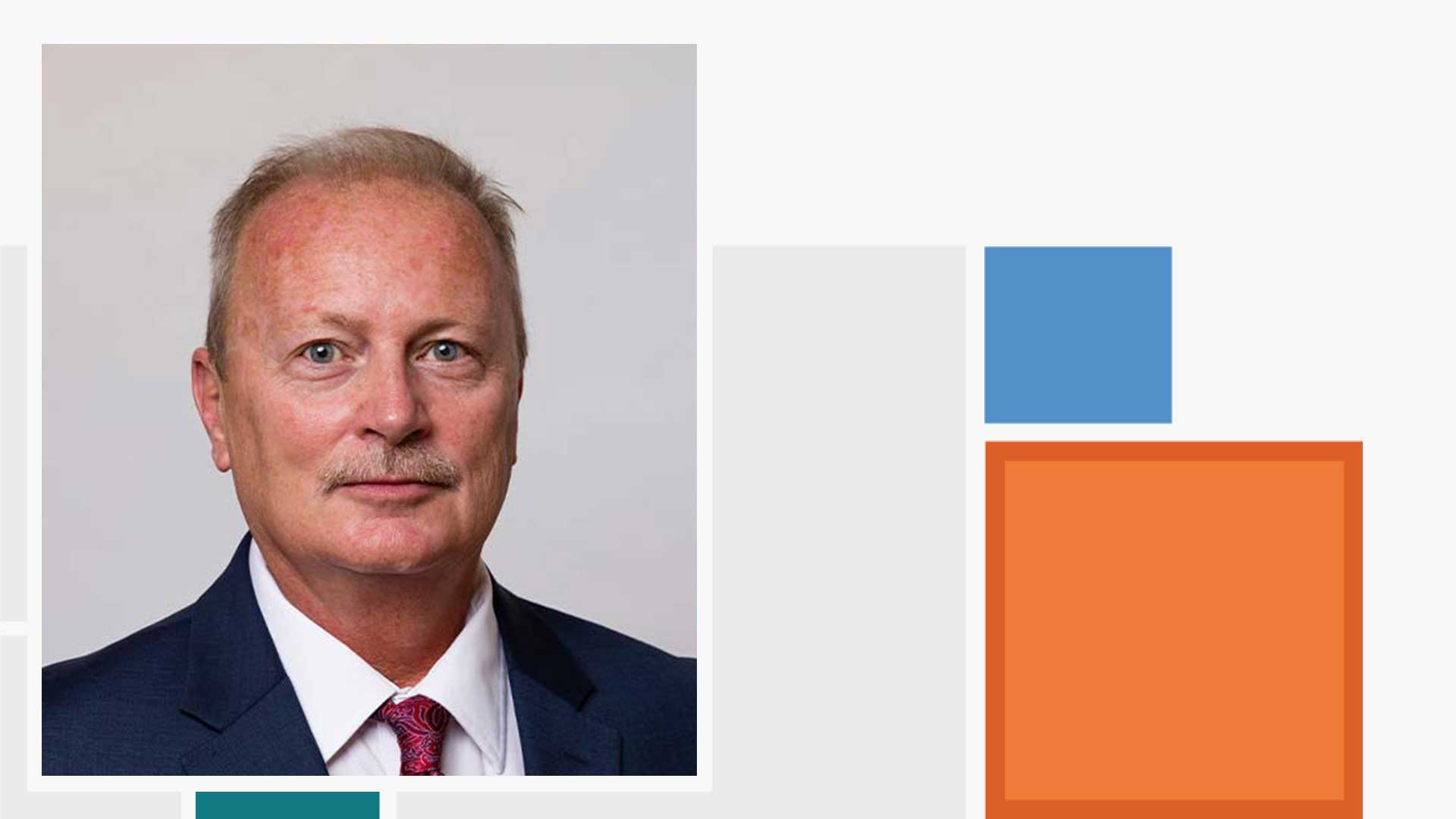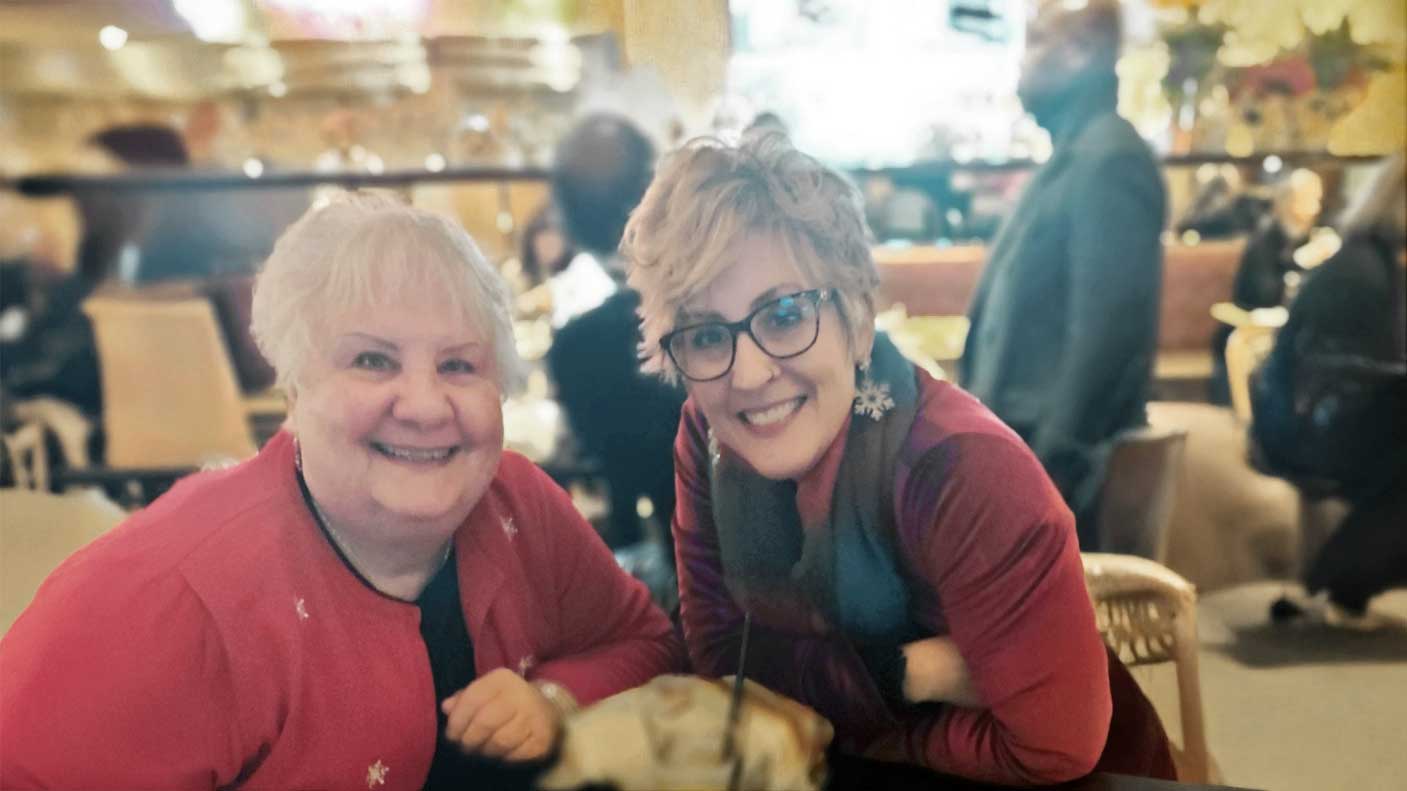Code of Ethics for Nurses
In 1950, the American Nurses Association (ANA) adopted its first Code of Ethics. Over the years, it has been revisited and revised due to changes in laws and advances in research and technology. The code is based on seven underlying principles: beneficence, nonmaleficence, justice, accountability, autonomy, fidelity and integrity. The code itself includes points such as human dignity, relationships with colleagues, conflict of interest, collaboration, delegation of tasks and duties to self.
According to the ANA, the code in today’s environment is paramount. It reiterates fundamental values and commitments nurses pledge to adhere to, clearly states boundaries within duty and loyalty and goes beyond patient encounters when defining the nurse’s role. Nurse managers make tough decisions every day. Their staff and patients look to them to ensure health and safety standards while caring for the well-being of all on their floor.
Ethically Challenging Situations
Nursing is a fast-paced job that has its unique challenges. Nurses will encounter tough situations no matter how long they have been practicing. Ensuring staff understands expectations in difficult circumstances can keep small issues from becoming big problems. Yet when they arise—and they will—learning what to do and what not to do, is the best on-the-job training a nurse can receive.
Some examples of ethically challenging situations include:
1 – Science and spirituality
Healthcare is science-based. Some religions have strict principles in place concerning medical intervention. For patients and their families with strong convictions, it can be challenging for a nurse with different values or moral codes. Respecting a patient’s stance does not mean it is condoned. Instead, it is adhering to the care a patient has requested.
2 – Needs and resources
Healthcare costs are rising. Budget constraints may seem to conflict with patient needs. Resources and staffing are a problem at many facilities. These factors contradict the patient care protocols healthcare workers have sworn to uphold. Nurses must come to terms with the truth: they are doing their very best with what they’ve been tasked with, including allotted resources.
3 – Honesty and information
Patients’ families may ask you not to tell your patient their entire health picture. They want to protect their loved one from pain or news that’s difficult to process. Patients have the right to know their diagnosis and medical outlook. Deciding how to share complex information can be tricky, but telling the truth is the basis of the nurse-patient relationship. Without that in place, patients will develop a lack of trust in the medical staff. That barrier can impede wellness and healing.
4 – Autonomy and care
Patients may not want to take medication a nurse tries to administer. Some may put on their clothes and walk out of the hospital before receiving proper treatment. Others may ask for a different nurse for unknown reasons. A patient maintaining their autonomy—sole decision-making power—means they have the right to refuse care despite apparent needs. Understanding a patient’s background, history and any previous issues with healthcare providers can allow nurses to find solutions based on respect, honesty, openness and care tailored to the individual while delivering the message of medical necessity.
5 – Recognizing incompetence in care
Peers can struggle with whether they should simply guide their fellow nurses, handle treatment for them or report the issue to a superior. For those in positions of authority, these issues can be addressed before they become problems by refreshing staff about the Code of Ethics. Scheduling regular training and checking on newer nurses to ensure they are up-to-date on procedural expectations is also essential.
Dealing with ethical issues is something that goes beyond textbook and clinical preparation. They are complex situations nurses gain skills from and confidence to deal with over time. Empathy and boundaries can coexist in patient care. Being surrounded by experienced coworkers can provide guidance and a shoulder to lean on. Open dialogue can also help nurses learn from the mistakes of others and better equip themselves when challenges arise.
As seen in the The Lamp fall 2023 issue
















